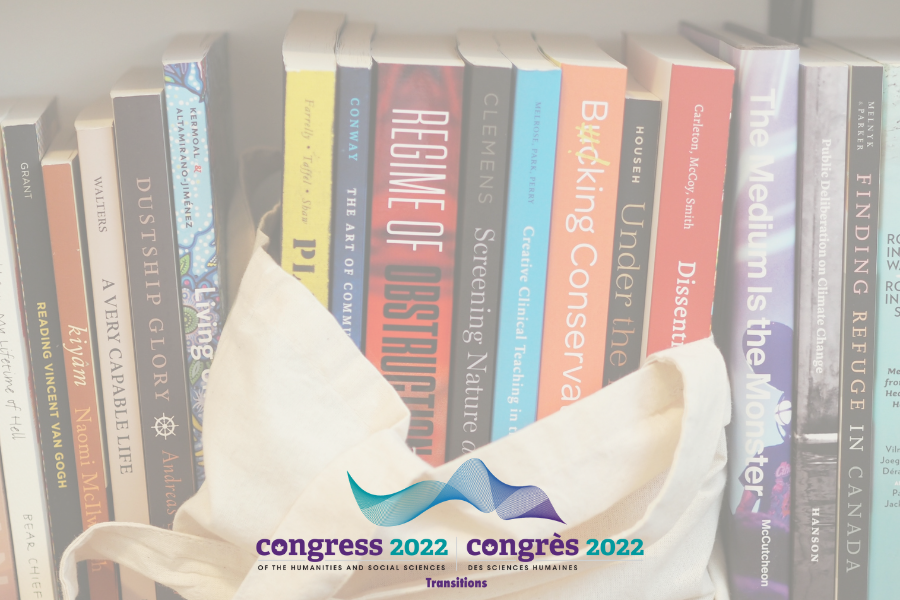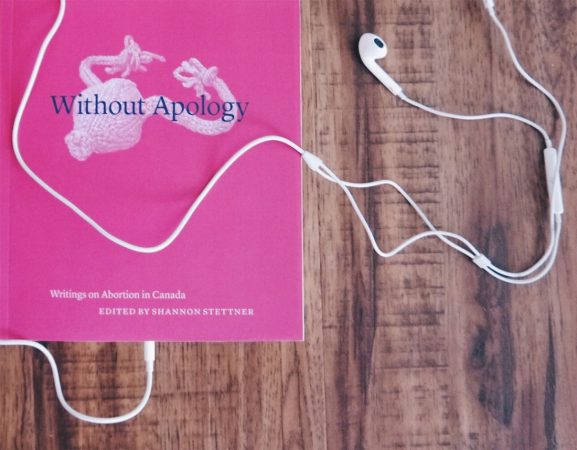Congress of the Humanities and Social Sciences is an annual gathering of dozens of academic associations in Canada. It runs from May 12 to 20 and is fully virtual for 2022. This year’s Congress theme of “Transitions” seeks to inspire ideas, dialogue, and action and we’ve got just the books to help with that goal. From environmental studies to decolonization, this list will educate and encourage readers to speak up and take steps toward creating a more just society.
Scoop up the now available titles with the code CONG20 for a 20% discount. For more Congress, head over to our booth or visit our virtual bookshelf to find relevant reads for your association.
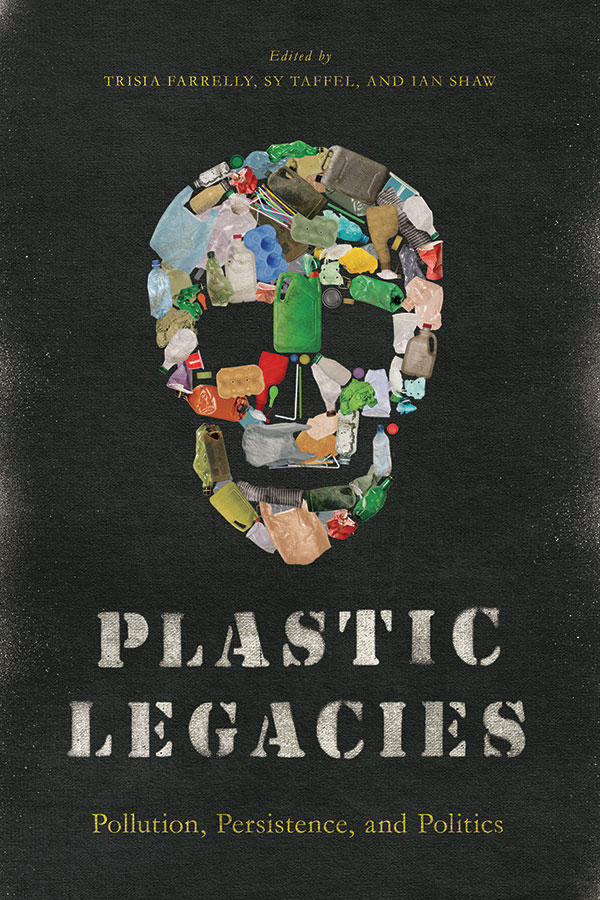
Plastic Legacies: Pollution, Persistence, and Politics edited by Trisia Farrelly, Sy Taffel, and Ian Shaw (now available)
From the book: Plastics naturecultures are constantly on the move and in the process of forming new and unexpected ecologies with uncertain implications for humans and non-humans. Some plastics create novel ecologies where new life flourishes. Plastics can alleviate some aspects of poverty and give voice to political struggles at multiple scales. However, plastics also leach toxic additives, carry pathogens and species that can destroy ecosystems, and play a significant role in new syndemics (synergistically linked health problems). We are constantly discovering new, often unforeseen, effects of plastics. They might not be entirely good or altogether bad. However, plastics’ ontological and moral ambiguities must not hinder political action.
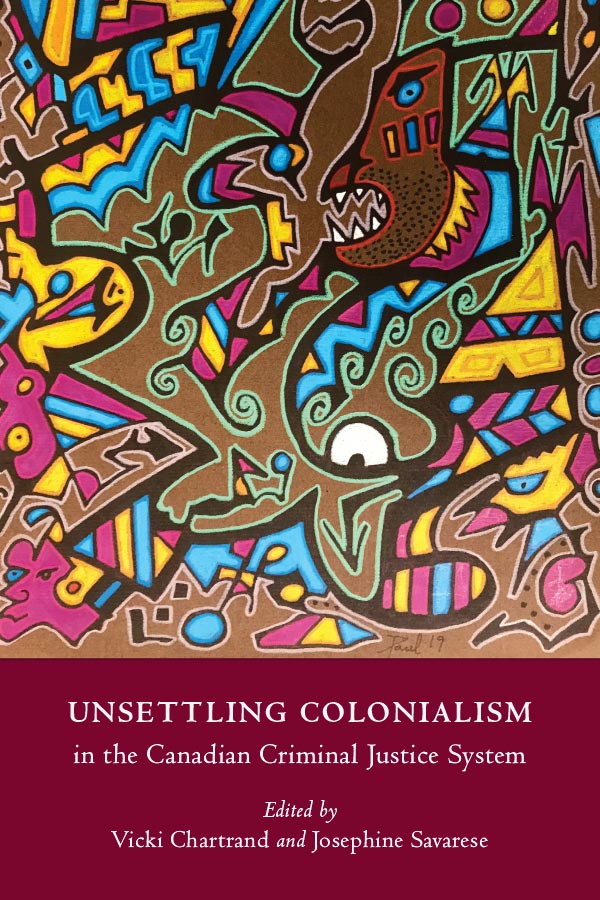
Unsettling Colonialism in the Canadian Criminal Justice System edited by Vicki Chartrand and Josephine Savarese (forthcoming)
Canada’s criminal justice system reinforces dominant relations of power and further entrenches the country in its colonial past. Through the mechanisms of surveillance, segregation, and containment, the criminal justice system ensures that Indigenous peoples remain in a state of economic deprivation, social isolation, and political subjection. By examining the ways in which the Canadian justice system continues to sanction overtly discriminatory and racist practices, the authors in this collection demonstrate clearly how historical patterns of privilege and domination are extended and reinforced.
![[book cover] Without Apology](https://www.aupress.ca/app/uploads/120257_Without-Apology-cover.jpg)
Without Apology: Writings on Abortion in Canada edited by Shannon Stettner (now available)
From the book: The pieces in this collection point to the need to continue to listen to women’s stories about their abortion experiences; only by talking openly and often about abortion will we move to a place where abortion is normalized, removed from the shame, secrecy, and silence that has, for too long, characterized abortion in Canada. To that end, the voices in this collection are transformative, and they will be made more powerful as they are supplemented by additional voices. Muriel Rukeyser, a poet, once asked, “What would happen if one woman told the truth about her life?” and offered an answer: “The world would split open.” Now is the time for us to tell the truth about our abortions—without apology.
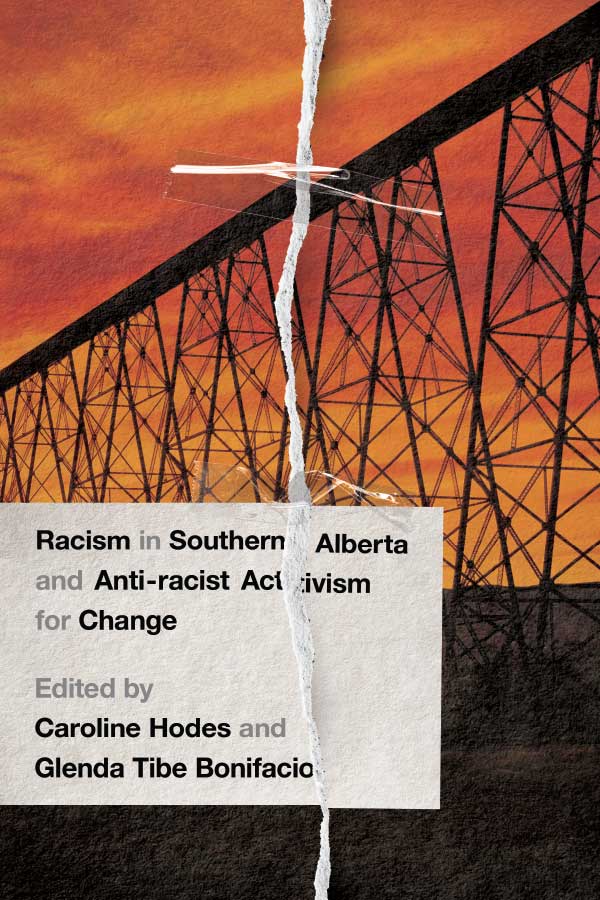
Racism in Southern Alberta and Anti-Racist Activism for Change edited by Caroline Hodes and Glenda Bonifacio (forthcoming)
Seeking to shed new light on the prevailing mythology surrounding colonial settlerism, this collection presents a detailed examination of the various forms of racism faced by immigrants and Indigenous people living and working in Southern Alberta. Drawing on reflective personal narrative, experiential research, and critical theoretical engagement, these essays connect localized experiences with broader structural and systemic forms of intersectional racism. In these accounts of racial profiling and carding, as well as representations of victim/perpetrator crime reporting, readers are given powerful examples of the many ways that institutional and everyday racism is perpetuated through both policy and practice.
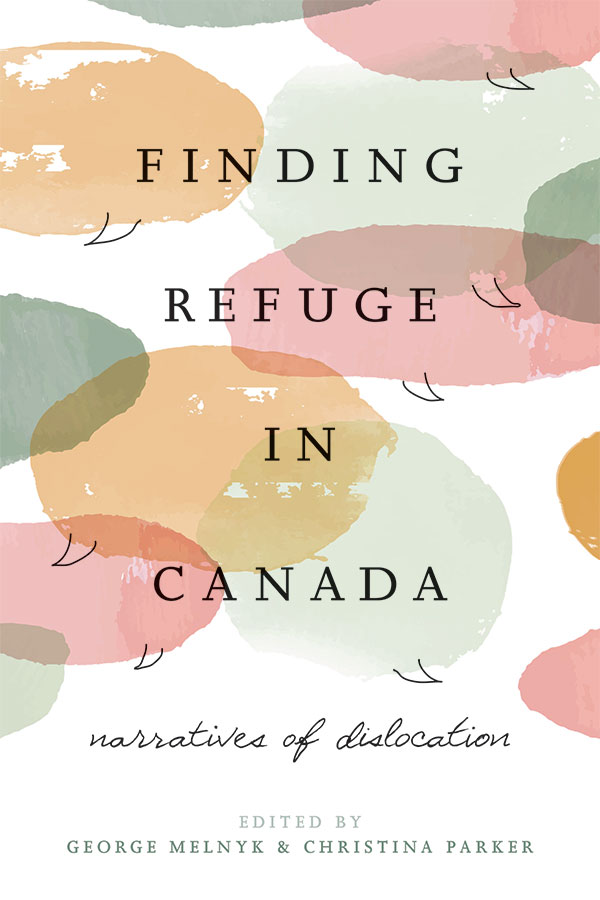
Finding Refuge in Canada: Narratives of Dislocation edited by George Melnyk and Christina Parker (now available)
“I wondered if I would ever be welcomed in my new environment, or whether I would have any sense of belonging in my new environment.” – Matida Daffeh
Finding Refuge in Canada considers refugee identities and histories and provide deep insight into the social, political, and cultural challenges and opportunities that refugees experience in Canada. Contributors investigate Canada’s response to various groups of refugees and how Canadian perspectives on war, conflict, and peace are constructed through the refugee support experience. These individual stories humanize the global refugee crisis and challenge readers to reflect on the transformative potential of more equitable policies and processes.
